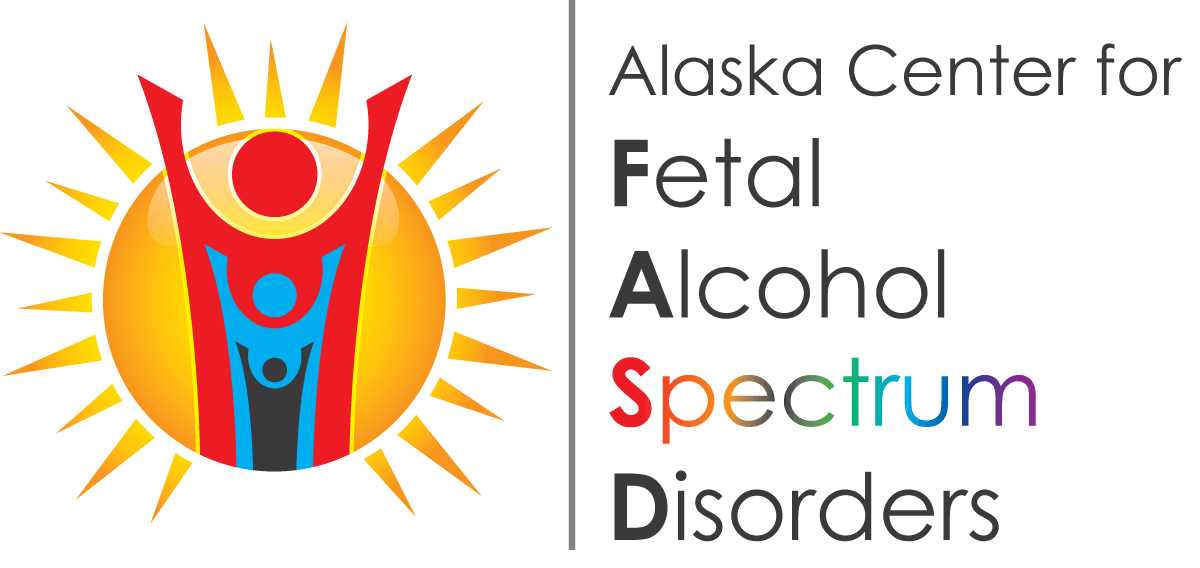The Essentials of Reflective Parenting February 2025
In this webinar we will discuss the basic components of reflective parenting, which are manifest in parents? behavioral sensitivity as well as their capacity for reflective functioning (PRF). Both are evidence of the parents? capacity to mentalize or imagine what the child is thinking and feeling and respond accordingly, particularly in moments of high intensity arousal (both positive and negative). ...
